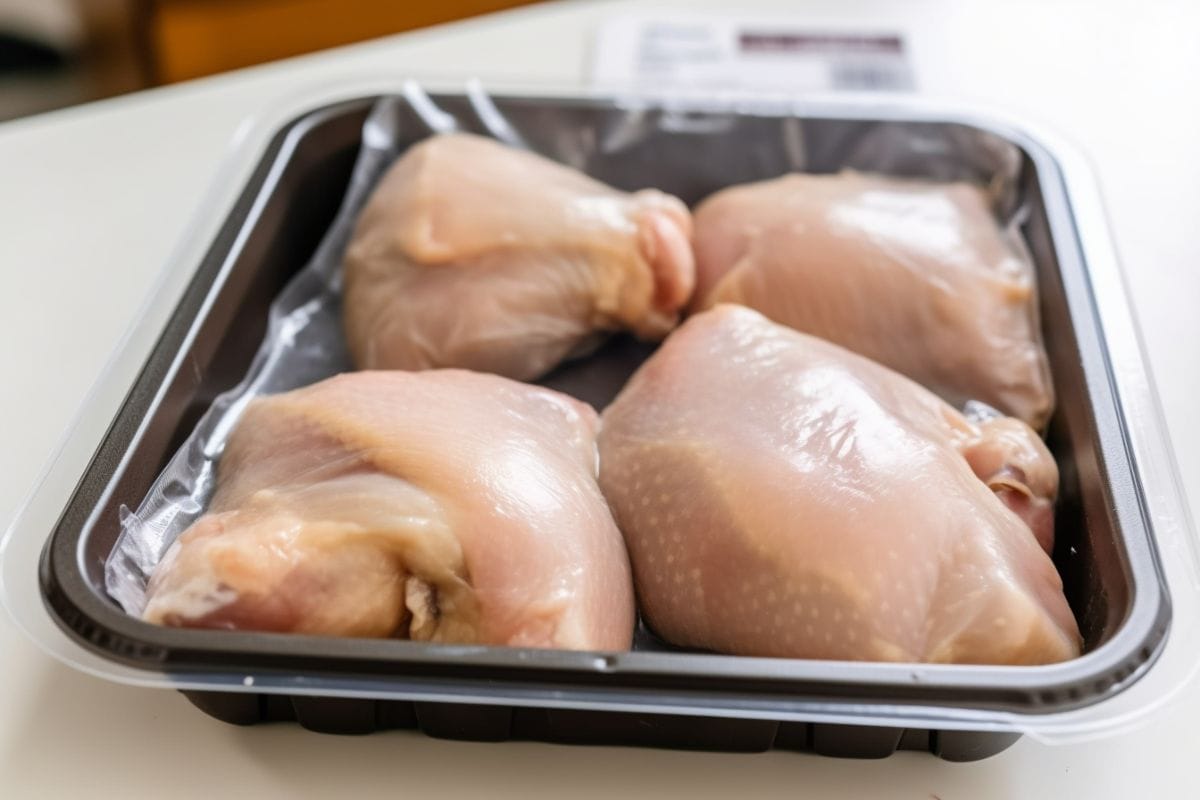

Articles
How Long Does Raw Chicken Last In Freezer
Modified: February 28, 2024
Learn how long raw chicken can last in the freezer and get helpful articles on food storage and preservation.
(Many of the links in this article redirect to a specific reviewed product. Your purchase of these products through affiliate links helps to generate commission for Storables.com, at no extra cost. Learn more)
Introduction
Chicken is a versatile and widely consumed meat that can be prepared in various delicious ways. Whether you buy it in bulk or have leftovers from a meal, freezing raw chicken is a great way to extend its shelf life. However, it’s important to understand how long raw chicken can last in the freezer to ensure its safety and quality.
In this article, we will explore the factors that affect the lifespan of raw chicken in the freezer and provide you with tips on how to properly store and handle frozen chicken. By following these guidelines, you can ensure that your frozen chicken stays fresh and safe to consume.
Key Takeaways:
- Properly storing and handling raw chicken in the freezer is crucial for maintaining its quality and safety. Understanding factors like packaging, temperature, and freshness can help extend its shelf life and ensure safe consumption.
- Recognizing signs of spoiled raw chicken, such as unpleasant odor, slimy texture, and discoloration, is essential for food safety. Thawing and cooking frozen raw chicken properly is crucial to prevent bacterial growth and enjoy it safely.
Read more: How To Store Raw Chicken In Freezer
Understanding the Shelf Life of Raw Chicken
Raw chicken, like any other perishable food, has a limited shelf life. The shelf life refers to the length of time that the food remains safe for consumption, while maintaining its quality and flavor. In the case of raw chicken, its shelf life can be significantly extended by freezing it.
When chicken is kept in the freezer, the low temperature halts bacterial growth, preserving the quality and safety of the meat. However, it’s important to note that freezing does not kill bacteria; it only slows down their growth. Therefore, it is essential to handle and store the raw chicken properly to minimize the risk of bacterial contamination.
The shelf life of raw chicken in the freezer varies depending on several factors, such as the quality of the chicken, the method of packaging, and the temperature of the freezer. On average, raw chicken can be stored in the freezer for up to nine months without significantly impacting its quality.
It is essential to know the initial quality of the chicken before freezing it. Fresh chicken that is properly stored and handled before freezing will have a longer shelf life compared to chicken that is already nearing its expiration date.
The method of packaging also plays a crucial role in preserving the quality of the chicken. Wrap the chicken tightly in plastic wrap or aluminum foil, or place it in a freezer bag to prevent freezer burn. Freezer burn occurs when the chicken is exposed to air, leading to dehydration and loss of flavor.
The temperature of the freezer is another significant factor to consider. The freezer should maintain a temperature of 0°F (-18°C) or below. A lower temperature ensures that the chicken stays frozen and inhibits the growth of bacteria.
Factors Affecting the Lifespan of Raw Chicken in the Freezer
The lifespan of raw chicken in the freezer can be influenced by several factors. Understanding these factors will help you maintain the quality and safety of the frozen chicken for an extended period.
1. Packaging: The way you package raw chicken before freezing it can affect its lifespan. Use airtight packaging materials such as freezer bags or vacuum-sealed containers to prevent exposure to air, which can lead to freezer burn. Proper packaging will help maintain the texture, flavor, and overall quality of the chicken.
2. Temperature: The temperature of your freezer plays a crucial role in preserving the chicken. Make sure that your freezer maintains a constant temperature of 0°F (-18°C) or below. Fluctuations in temperature can affect the quality of the chicken and increase the risk of bacterial growth.
3. Freshness of the Chicken: The initial quality of the raw chicken before freezing is an important factor. Fresher chicken has a longer shelf life when frozen compared to chicken that is close to its expiration date. It’s best to freeze chicken as soon as possible after purchasing or within a day or two after the expiration date.
4. Freezer Burn: Freezer burn occurs when the chicken is exposed to air and results in dry and discolored patches on the meat. To prevent freezer burn, make sure to tightly wrap the chicken in plastic wrap or foil, or use freezer bags. Proper packaging will help maintain the moisture and prevent the chicken from drying out.
5. Length of Storage: The longer chicken is stored in the freezer, the more it can deteriorate in terms of texture and flavor. While properly frozen chicken can be safe to eat for up to nine months, it is recommended to consume it within six months for the best taste and quality.
6. Proper Labeling: To keep track of the storage times and ensure that you use the oldest frozen chicken first, it is important to label each package with the date of freezing. This will help you to maintain an organized freezer and prevent the chicken from being forgotten and exceeding its optimal storage time.
By considering these factors and implementing proper storage techniques, you can extend the lifespan of raw chicken in the freezer and ensure that it remains safe and of high quality for later use.
Proper Storage Tips for Raw Chicken in the Freezer
Properly storing raw chicken in the freezer is crucial to maintain its quality, prevent bacterial growth, and ensure its safety for consumption. Here are some valuable storage tips to follow:
1. Package the Chicken Correctly: Use airtight packaging materials such as freezer bags, vacuum-sealed containers, or wrap the chicken tightly in plastic wrap or aluminum foil. Proper packaging helps prevent exposure to air and reduces the risk of freezer burn.
2. Divide into Portions: If you have large cuts of chicken, consider dividing them into smaller portions before freezing. This allows you to thaw just the necessary amount without having to defrost the entire package. It also helps maintain the quality of the chicken during freezing and thawing.
3. Label the Packages: Always label each package with the date of freezing. This will help you keep track of the storage time and ensure you use the oldest chicken first. A good practice is to rotate the chicken regularly to avoid it sitting in the freezer for too long.
4. Maintain a Consistent Freezer Temperature: Keep your freezer temperature at 0°F (-18°C) or below to ensure that the chicken remains frozen and prevents bacterial growth. Periodically check the temperature using a freezer thermometer to ensure accuracy.
5. Store in the Coldest Part: Place the raw chicken in the coldest part of the freezer, such as the back or bottom shelf. This helps maintain a consistent temperature and minimizes the risk of temperature fluctuations when opening and closing the freezer door.
6. Avoid Overcrowding: Do not overcrowd the freezer with too much chicken or other items. Adequate airflow is necessary for the freezer to maintain a consistent temperature. Overcrowding can result in uneven freezing, slower freezing times, and compromised quality of the chicken.
7. Keep Freezer Organized: Organize your freezer to easily locate and access the frozen chicken. Group similar items together and arrange them by date to ensure the oldest chicken is used first. This practice also helps prevent cross-contamination with other food items in the freezer.
8. Thaw Properly Before Cooking: When you are ready to use the frozen chicken, it is important to thaw it properly. The safest methods for thawing chicken are in the refrigerator, immersed in cold water, or using the microwave. Avoid thawing chicken at room temperature, as it can lead to bacteria growth.
By following these storage tips, you can maximize the lifespan of raw chicken in the freezer while ensuring its safety and preserving its quality for future use.
Raw chicken can last in the freezer for up to 9 months if properly stored in airtight packaging. Be sure to label with the date to keep track of its freshness.
Signs of Spoiled Raw Chicken
It is essential to be able to recognize the signs of spoiled raw chicken to ensure the safety of your meals and avoid any potential foodborne illnesses. Here are some common signs that indicate raw chicken has gone bad:
1. Unpleasant Odor: One of the first signs of spoiled chicken is a strong, unpleasant odor. If you notice a sour or foul smell coming from the chicken, it is a clear indication that it has started to spoil. Trust your senses and avoid consuming chicken with a strong, off-putting smell.
2. Slimy Texture: Fresh raw chicken should have a smooth and slightly moist texture. However, if the chicken feels excessively slimy to the touch, it is likely spoiled. The sliminess is caused by the breakdown of proteins in the chicken, indicating bacterial growth and spoilage.
3. Discoloration: While slight discoloration is normal for frozen chicken and can occur due to the freezing process, severe discoloration is a sign of spoilage. Look out for chicken that is excessively gray, yellow, or green in color. Discolored chicken is indicative of bacterial growth and should not be consumed.
4. Change in Texture: Spoiled chicken may have a mushy or sticky texture. If the chicken feels mushy or sticky when touched, it is a sign that it has started to break down due to bacterial growth. Fresh raw chicken should have a firm and springy texture.
5. Excessive Ice Crystal Formation: While the presence of ice crystals on frozen chicken is normal, excessive and unusually large ice crystals may indicate that the chicken has undergone multiple freeze-thaw cycles. This can affect the quality and texture of the chicken, making it less desirable to consume.
6. Mold Growth: If you notice any mold growth on the chicken, it is a clear indication that it has spoiled. Mold not only affects the taste and quality of the chicken but can also pose health risks if ingested. Discard any chicken that shows signs of mold growth.
7. Bacterial Growth: Raw chicken is susceptible to bacterial growth, which can lead to foodborne illnesses such as salmonella or Campylobacter. If you experience symptoms like vomiting, diarrhea, abdominal pain, or fever after consuming raw chicken, it may be a sign of bacterial contamination and you should seek medical attention immediately.
It is important to note that these signs may not always be evident, particularly in the early stages of spoilage. Therefore, it is crucial to handle raw chicken properly, store it correctly, and follow the recommended storage times to minimize the risk of spoilage and foodborne illnesses.
Read more: How Long Can Chicken Last In Freezer
Safe Consumption of Frozen Raw Chicken
Frozen raw chicken can be a convenient and versatile ingredient to have on hand for cooking. However, it is important to follow certain guidelines to ensure safe consumption. Here are some tips for safely handling and cooking frozen raw chicken:
1. Thaw Properly: Thawing frozen raw chicken properly is essential to prevent bacterial growth. The safest methods for thawing chicken are in the refrigerator, in cold water, or using the microwave. Avoid thawing chicken at room temperature, as this can lead to the growth of harmful bacteria.
2. Separate from Other Foods: When thawing raw chicken, it is important to keep it separate from other foods to avoid cross-contamination. Place the chicken in a leak-proof plastic bag and place it on a plate or in a container on the bottom shelf of the refrigerator to catch any drips.
3. Cook Thoroughly: It is crucial to cook frozen raw chicken thoroughly to kill any bacteria present. Use a meat thermometer to ensure the internal temperature reaches at least 165°F (74°C) for chicken pieces and 180°F (82°C) for a whole chicken. This helps ensure that any harmful bacteria are destroyed and the chicken is safe to consume.
4. Avoid Re-Freezing: Once you have thawed and cooked frozen raw chicken, it is not safe to re-freeze it. Re-freezing can result in the growth of bacteria and compromise the quality and safety of the chicken. Plan your meals accordingly to avoid any wastage.
5. Store Leftovers Properly: If you have leftover cooked chicken, make sure to store it properly in the refrigerator within two hours of cooking. Use airtight containers or wrap it tightly in plastic wrap or foil to keep it fresh and prevent contamination. Consume the leftovers within 3-4 days.
6. Practice Good Hygiene: When handling frozen raw chicken, it is essential to practice good hygiene. Wash your hands thoroughly with soap and warm water before and after handling raw chicken. Clean and sanitize any surfaces, utensils, or cutting boards that come into contact with the chicken to avoid cross-contamination.
7. Cook in Small Portions: If you have a large quantity of frozen raw chicken, it is best to divide it into smaller portions before cooking. This allows for even cooking and helps ensure that the chicken reaches the proper internal temperature throughout.
By following these safe handling and cooking practices, you can enjoy frozen raw chicken without compromising your health. It is important to prioritize food safety and take appropriate measures to prevent any foodborne illnesses.
Conclusion
Properly storing and handling raw chicken in the freezer is crucial for maintaining its quality, safety, and flavor. By understanding the shelf life of raw chicken and the factors that affect its lifespan in the freezer, you can make informed decisions about freezing and using this versatile meat.
When freezing raw chicken, ensure that it is packaged correctly in airtight containers or freezer bags to prevent exposure to air and freezer burn. Store it in the coldest part of the freezer with a consistent temperature of 0°F (-18°C) or below to inhibit bacterial growth.
Recognizing the signs of spoiled raw chicken, such as an unpleasant odor, slimy texture, discoloration, and mold growth, is crucial for ensuring food safety. Never consume chicken that shows signs of spoilage, as it can pose health risks.
When thawing frozen raw chicken, utilize safe methods such as refrigeration, cold water, or the microwave, and always cook it thoroughly to destroy bacteria. Avoid re-freezing thawed chicken to maintain quality and prevent bacterial growth.
By following proper storage techniques, practicing good hygiene, and cooking frozen raw chicken to the appropriate internal temperature, you can enjoy this protein-rich ingredient safely and without compromising your health.
Remember, food safety should always be a priority. Stay informed, use caution, and trust your senses when handling and consuming raw chicken. By doing so, you can make the most of your frozen raw chicken, creating delicious meals that are both flavorful and safe to eat.
Frequently Asked Questions about How Long Does Raw Chicken Last In Freezer
Was this page helpful?
At Storables.com, we guarantee accurate and reliable information. Our content, validated by Expert Board Contributors, is crafted following stringent Editorial Policies. We're committed to providing you with well-researched, expert-backed insights for all your informational needs.
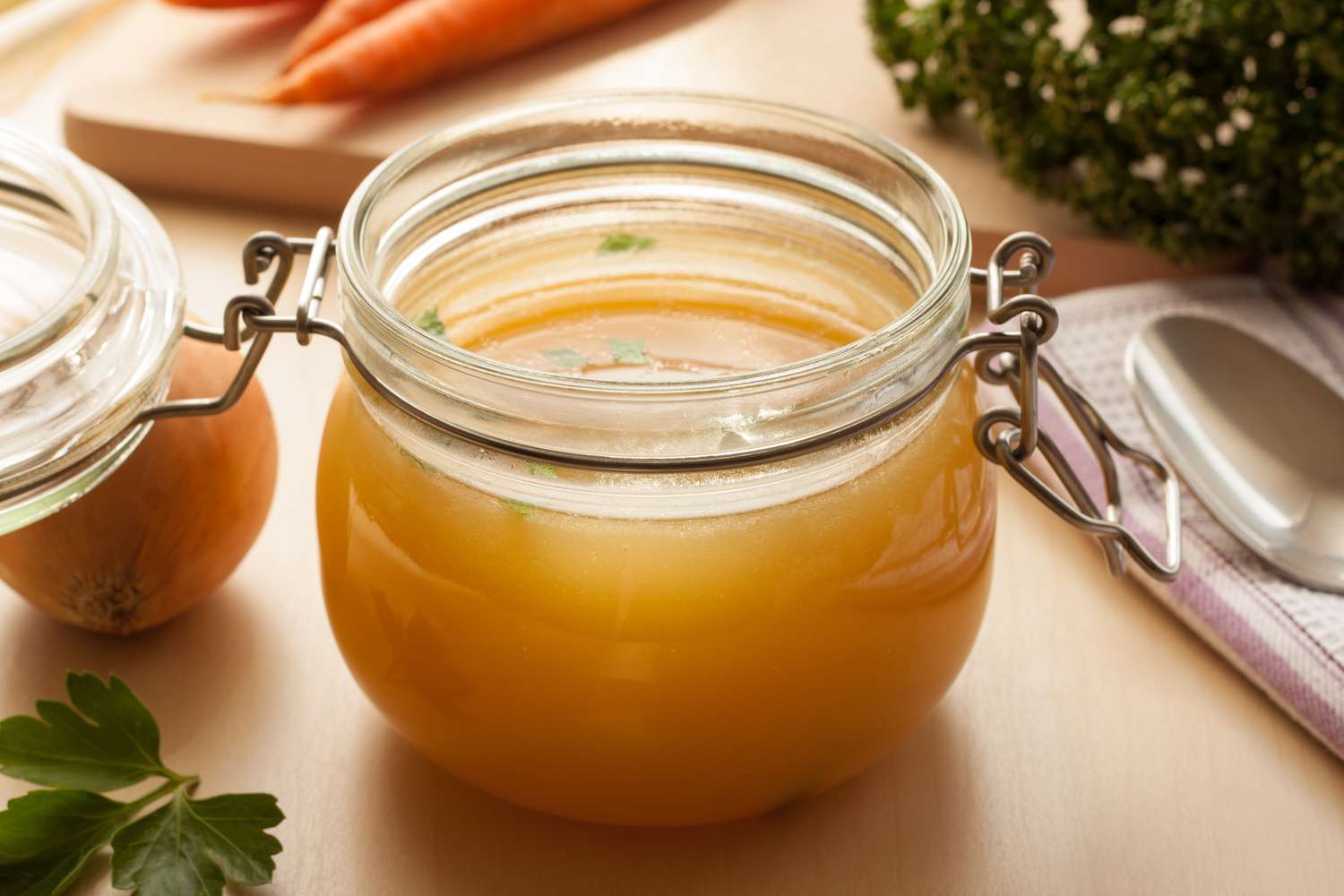
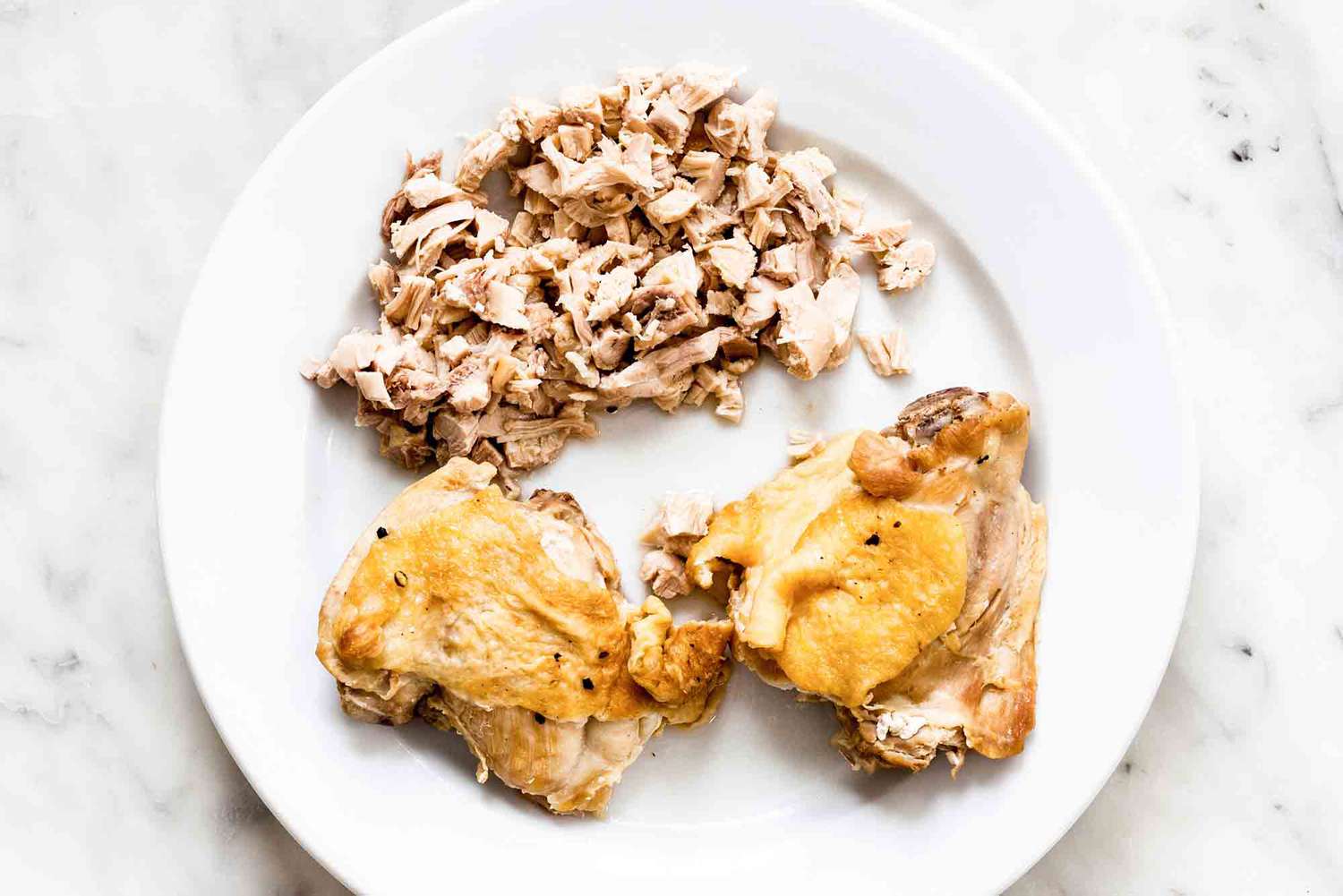
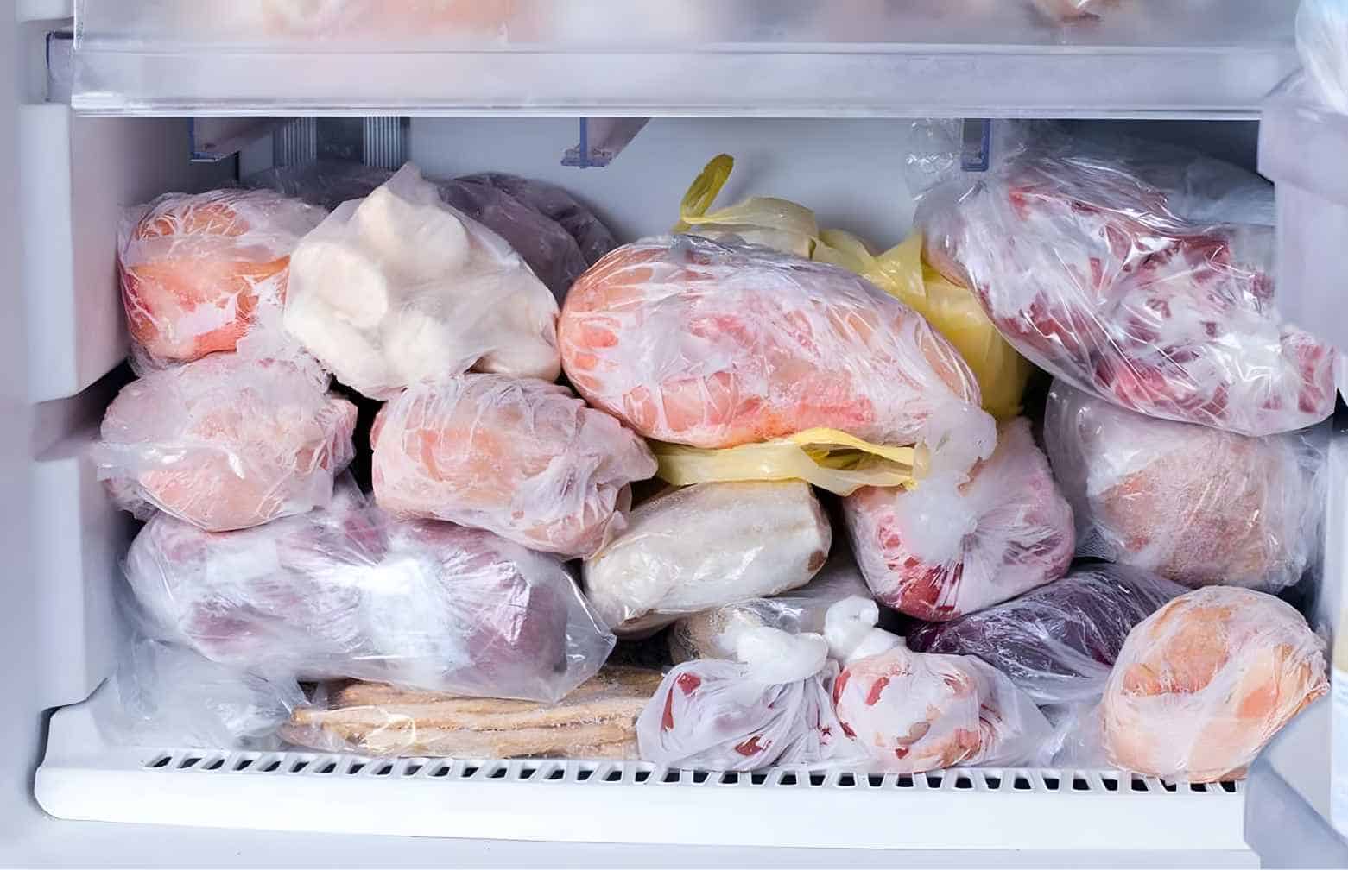
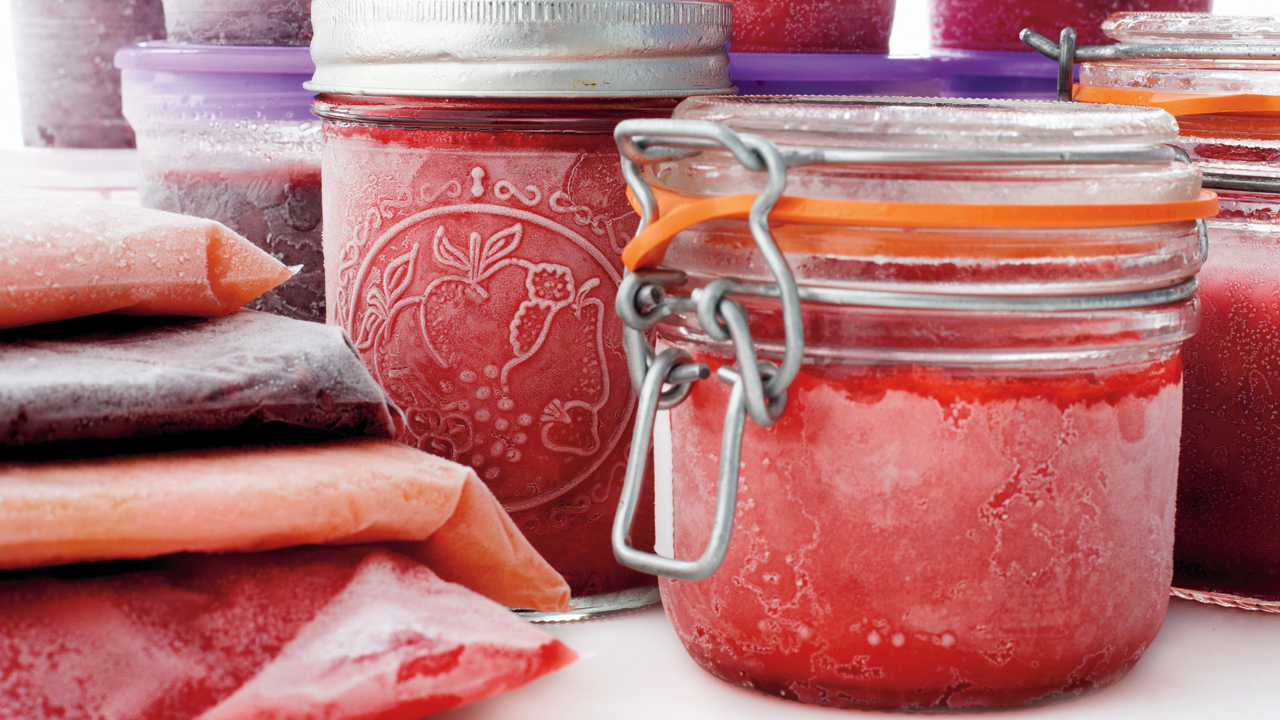
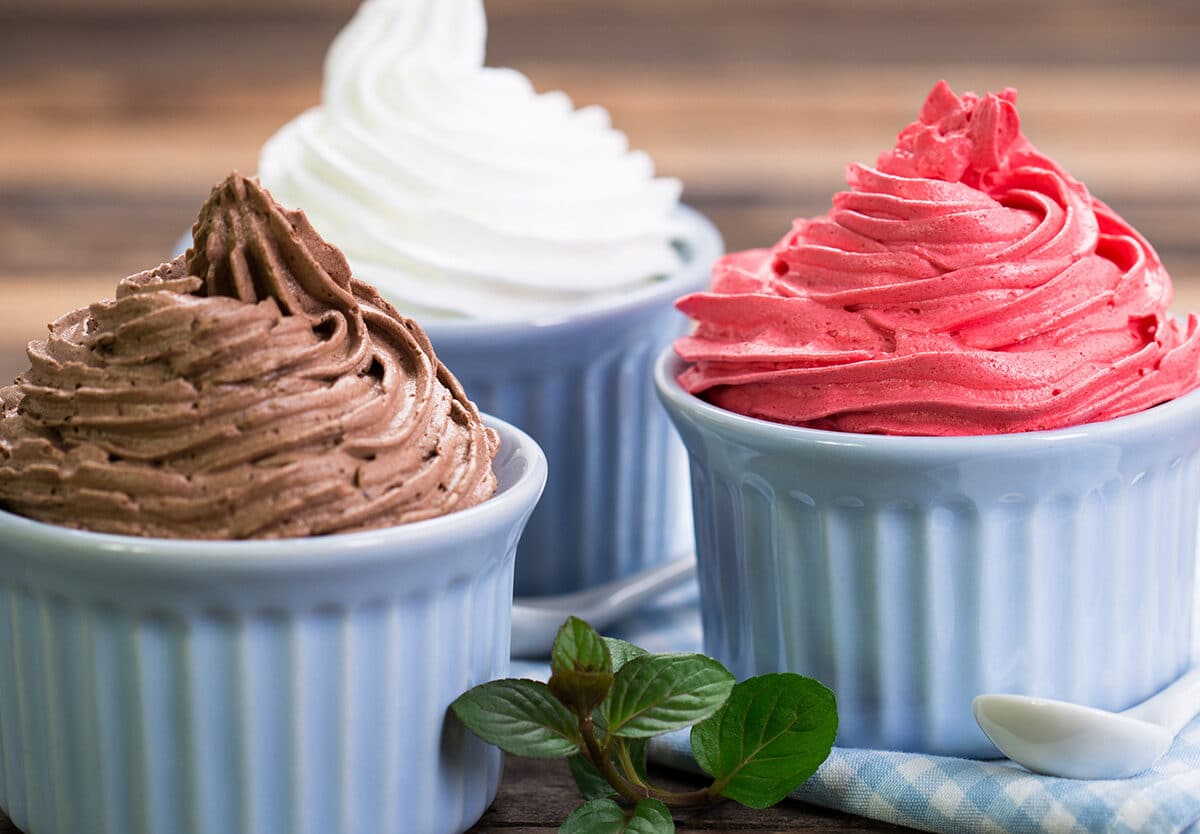
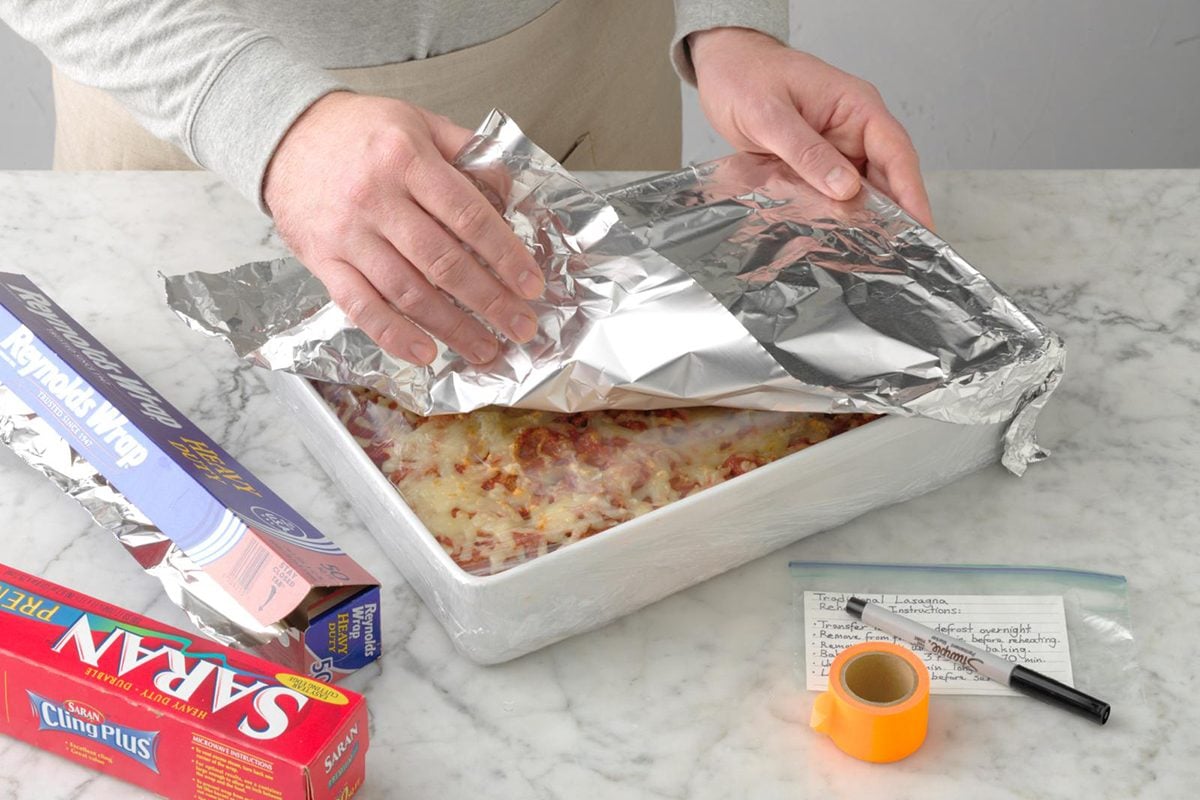
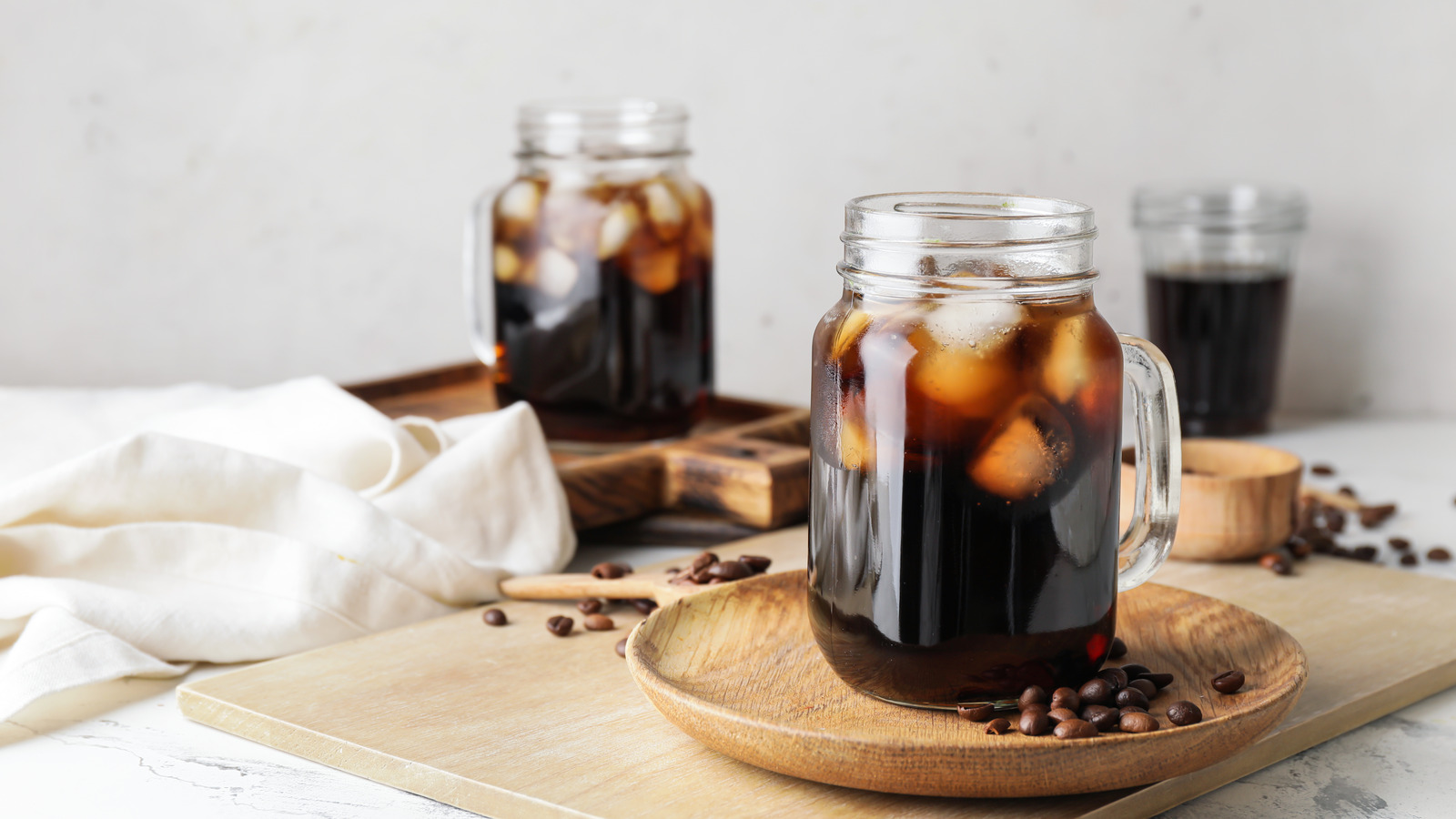
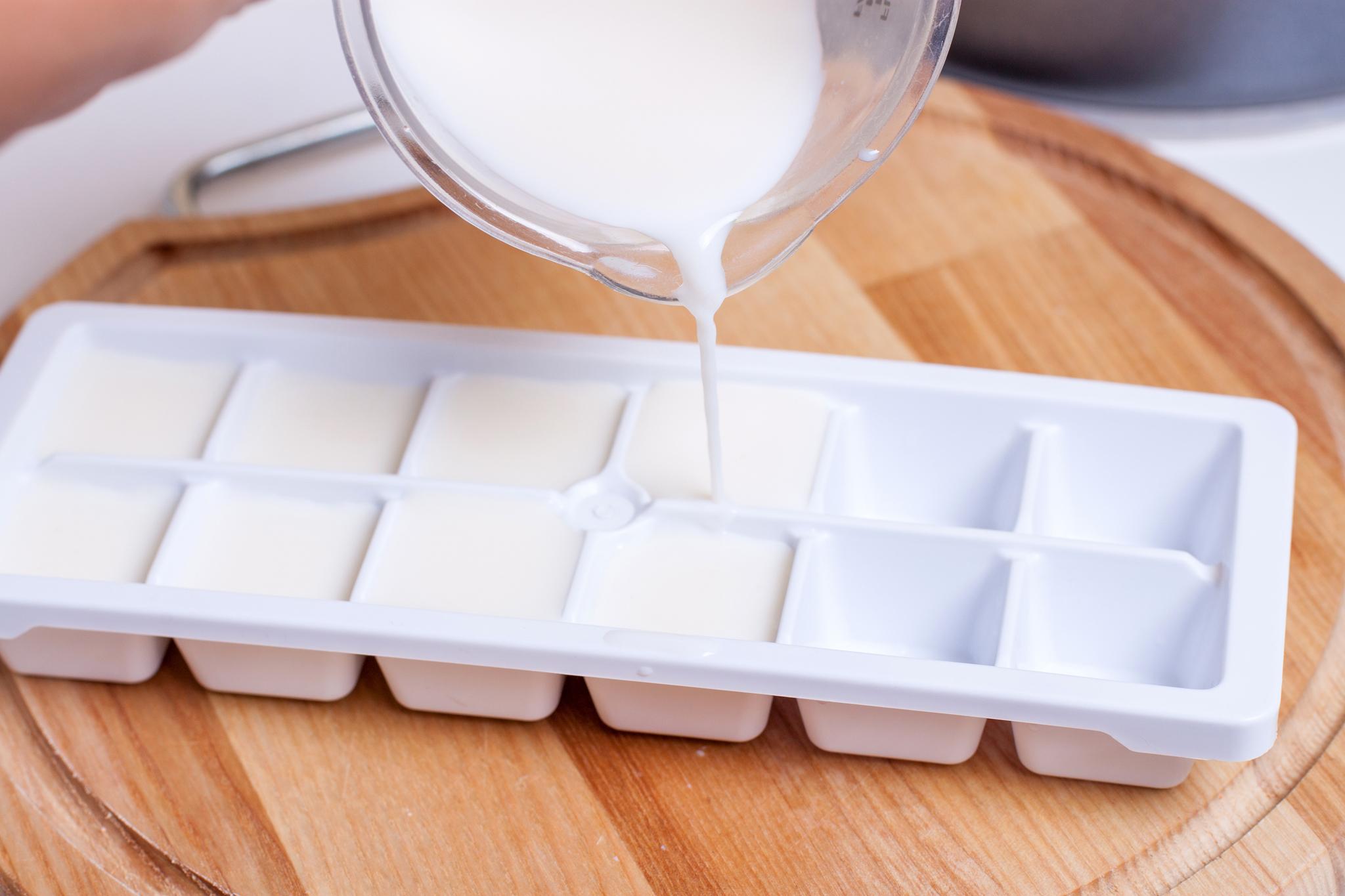
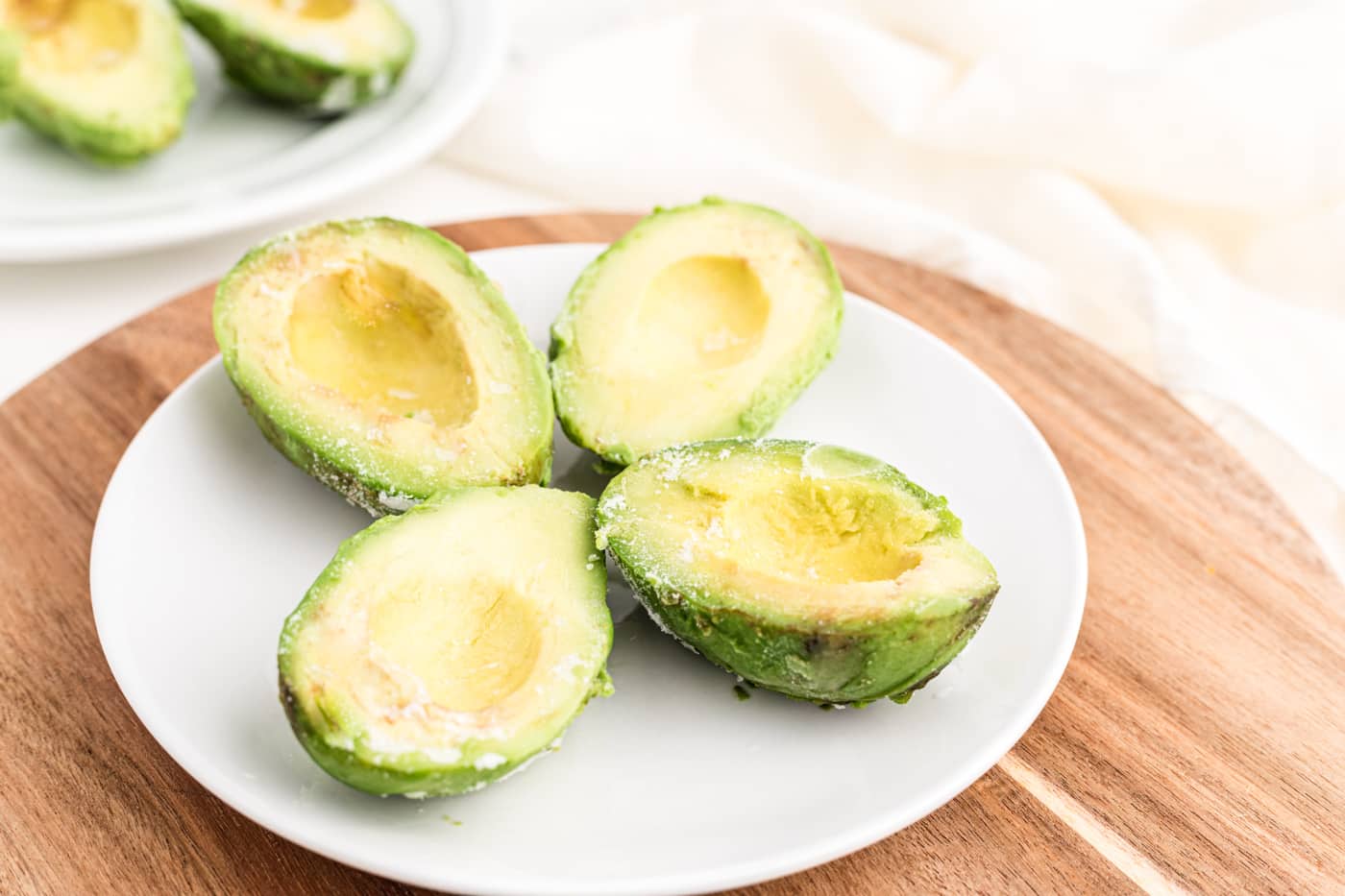
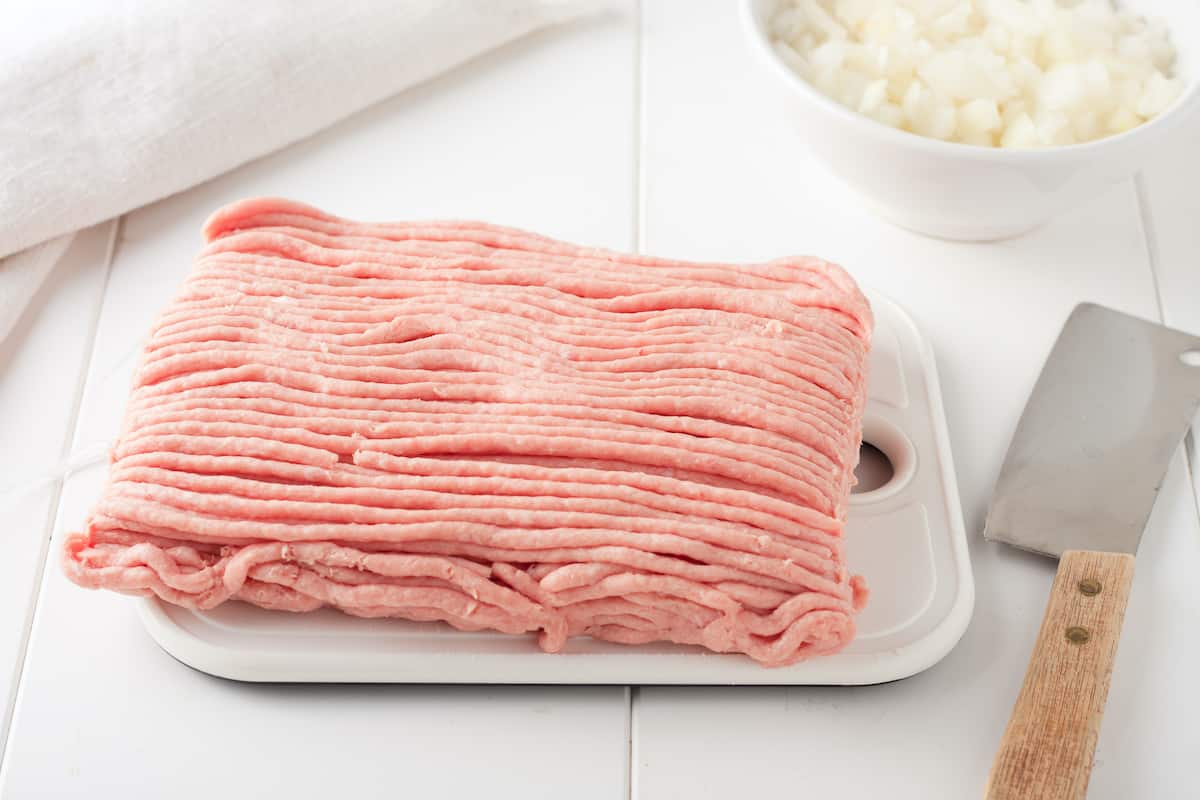

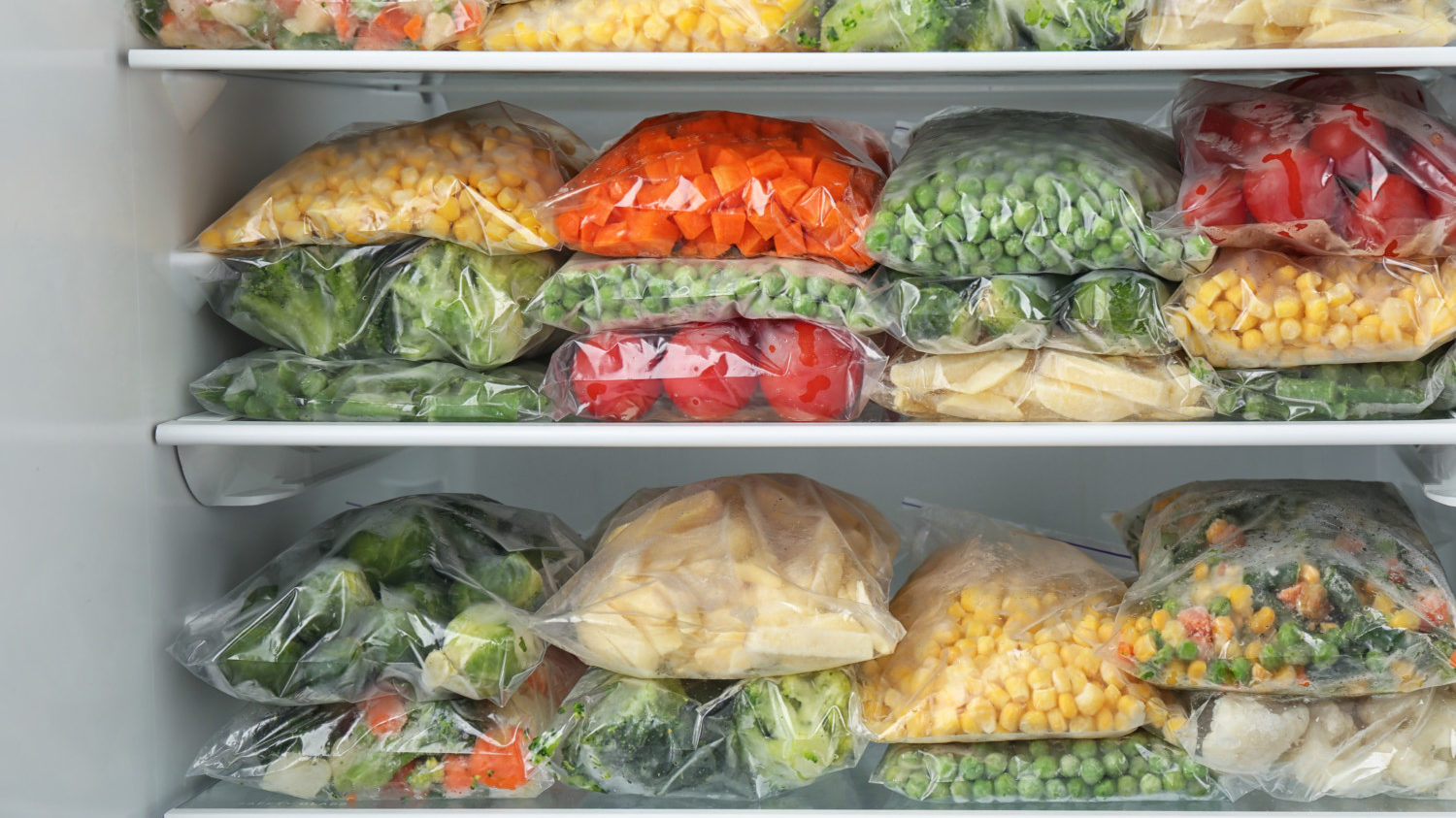

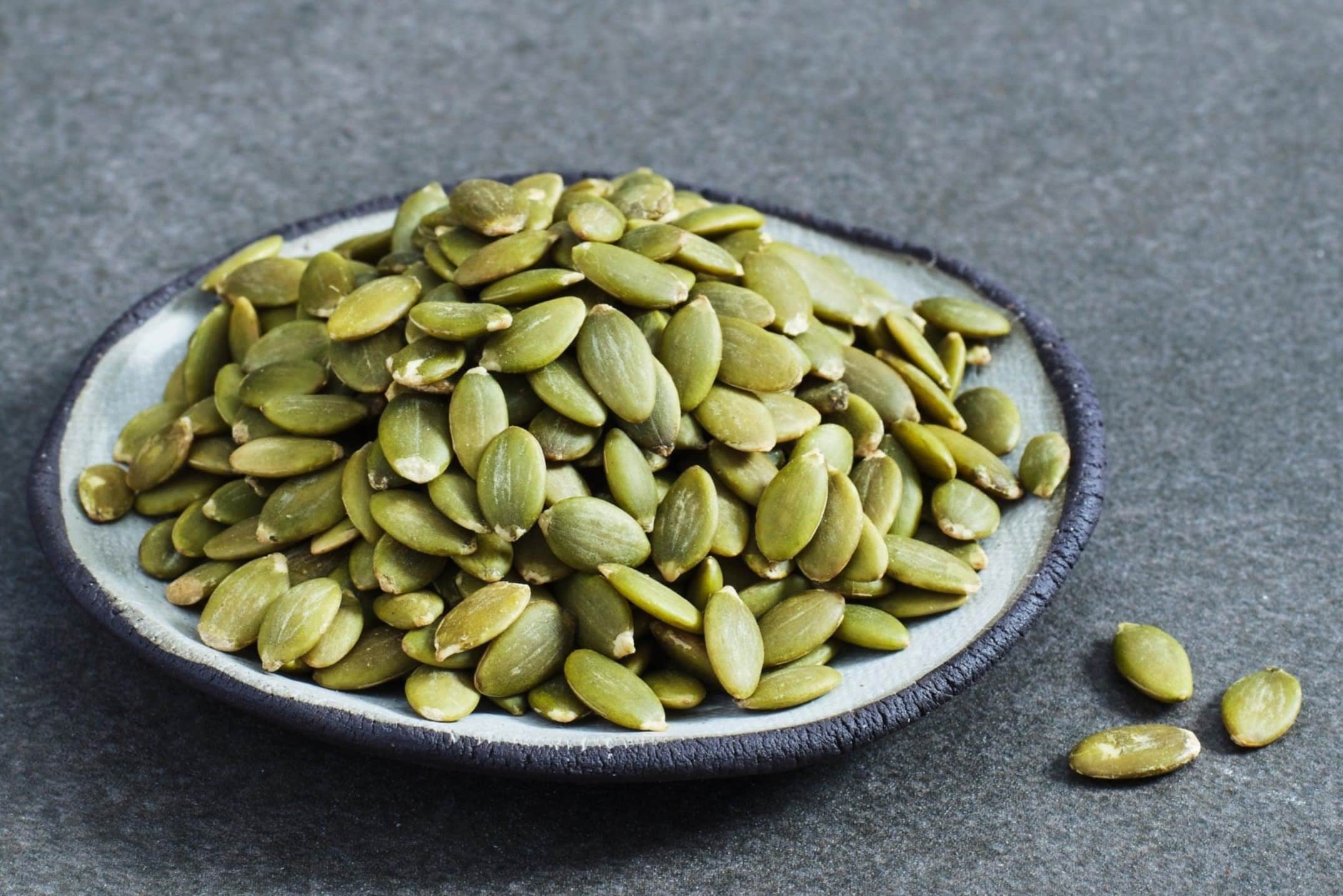

0 thoughts on “How Long Does Raw Chicken Last In Freezer”